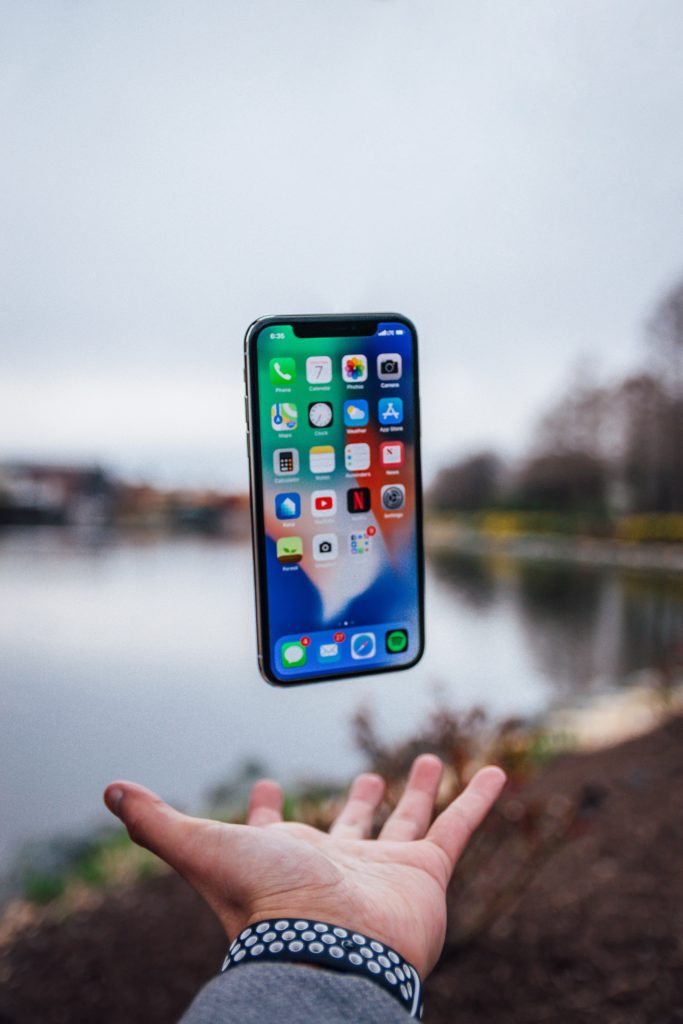
Let’s face it; we have been in the 21st Century for almost 20 years. I still remember filling up the bathtubs on the night of Y2K just in case the system had a catastrophic failure. Luckily, it did not. With the invention and release of the iPhone almost 13 years ago, the world was revolutionized with mobile applications, more commonly known as apps. From Angry Birds to Flappy Birds, these programs revolutionized our way of life, and none more so than in developing nations. Now, there were affordable “computers” that everyone could own and utilize. With this, let me offer some suggestions with what kind of apps you should have should you choose to take a phone, or in my case, iPod Touch (which I highly recommend) on your journey.
Ride Share – Taxis, especially in a foreign country, can be dangerous. Not only for your wallet but in some cases, your life. The risk is mitigated, in my general opinion, with ride-sharing. There is a set price, set route, make and model of the vehicle and license plate, and the name and picture of your driver. While some countries scrutinize their drivers more than others, it still gave me a great sense of security knowing all this information. While the biggest and most utilized on my trip was Uber, at the time of this posting, they were not welcome in some countries, and even made illegal during my stay in one. For that, there were several alternatives. When I was in South East Asia, the Grab app was just as good as Uber, and it was a one-stop-shop. If you wanted a tuk-tuk, car, SUV, or meal, it was only a click away. They also offered a moped service where someone would pick you up with a spare helmet and whisk you away to your location. In Latin America, there was Cabify, and a Chinese version of Uber called Didi.
Accommodations – As mentioned before, I used Booking.com for all my stays while on this trip. Using their app was incredibly easy and user friendly and made booking accommodation easy, especially when it remembered my criteria.
Banking and Money – Make sure you opt-in to your bank’s app. Keep in mind that due to a lot of banking laws, some of them will not allow you to access them if you are in a foreign country. Therefore, I highly suggest procuring a VPN or Virtual Private Network. Nothing sucks more than trying to access your money and not being able to due to geo-restrictions. Also, as mentioned before, be sure to get a currency converter app.
Communication – If you have an Apple device, communication is incredibly easy with others if they too have Apple devices. Facetime Audio was how I was able to call my family over WiFi. I also could send them updates over their messenger service. For those that did not have an Apple device, I would communicate with them using Google Voice. This was great because it used an American phone number that I chose. If the connection was good, there was no lag, and it was like a regular phone call. And they were none the wiser. *Update – Although I never used it, you can purchase minutes with Google Voice to call international numbers for as low as 1¢.
Social Media – As put so eloquently by my cousin years ago, Facebook is “like an OK barbecue that your parents showed up to.” However, it is great for communicating with friends. However, the best application out there for international travelers is Instagram. People are much more likely to give you that contact info than Facebook.
Office Suite – If you have a Gmail account, which I highly suggest you do, you get access to a Google Drive, which is an office suite on your phone. From writing documents (I used it to journal) and creating a spreadsheet (keeping track of hotels and transportation), it was incredibly useful. And since it is in the cloud, it is relatively safe, which brings me to my final point.
Cloud Storage – If you collect a lot of stuff on your trip in the digital world, make sure you do regular backups. I had two computers stolen as well as my iPhone, and my iPod decided to take a swim. Had I not backed them up, I would have lost everything. I used a company called Degoo, which has deals running all the time on multi-terabyte storage options.
Entertainment – Unfortunately, globetrotting around the world can make accessing your entertainment apps that are you lifeline more difficult. Even using VPN programs will not allow a lot of video-streaming apps to be used like at home. Netflix and Amazon Prime Video are two examples. However, while there might be some restrictions on content, YouTube is still available and in a lot of countries is their primary source of video. That being said, you cannot go wrong with music, the universal language.

